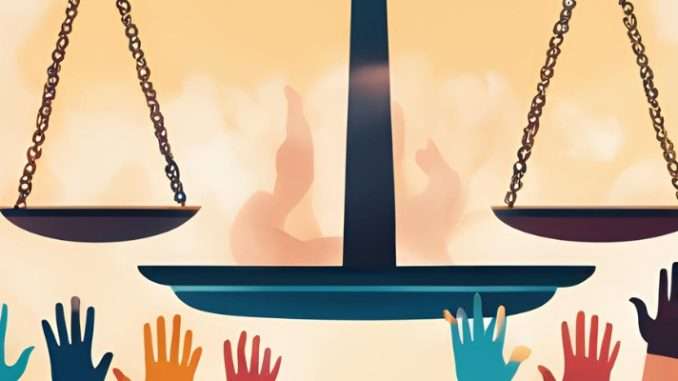
Chris Mancini, former U.S. DOJ prosecutor and host of the new audio series Connecting the Dots, offers a powerful chance to explore how law, power, justice, and corruption intersect—and how storytelling can help the public understand and act on systemic truths.
This series is ideally positioned to decode complexity and reveal how “the dots” between politics, corporate influence, climate, human rights, and economic injustice are all deeply connected.
 Chris Mancini, Esq. Former U.S. DOJ Prosecutor, Southern District, Florida.
Chris Mancini, Esq. Former U.S. DOJ Prosecutor, Southern District, Florida.
Chris is a criminal defense attorney with 45 years of extensive federal and state trial and grand jury practice in Miami, Palm Beach, Orlando and other courts across the nation and internationally. Born and raised in Rochester, New York and later to earn his juris doctor degree at Marquette U. in Milwaukee, Wisconsin, Chris Mancini arrived in Miami, Florida on assignment to the U.S. Attorney’s Office during the infamous period of the “Mariel Boat Lift” during which tens of thousands of Cubans fled their country to seek a new life in the U.S. As a U.S. prosecutor, Chris discovered that some of the most violent and dangerous men and women were allowed to immigrate during the boatlift. By 1986, he had been given many awards for his service and held the post of Deputy Chief of the Major Crimes Division, U.S. Attorney for the Miami office for the U.S. Department of Justice.
In the late 1990s, Chris began gathering original artefacts and materials about the history of crime in Miami and especially corruption within the Miami Police Department. He interviewed past and present police officers and those most deeply involved in the investigation. Using what he had gathered, Chris conducted a series of lectures every three to four months for members of the Miami-Dade Historical Society and that has led to his deep understanding of the organization and effects of the extensive history of crime in South Florida.
Chris Mancini is the author of two books, Pirates in Blue: The True Story of the Miami River Cops and Deliberate Indifference and has represented many famous clients.

